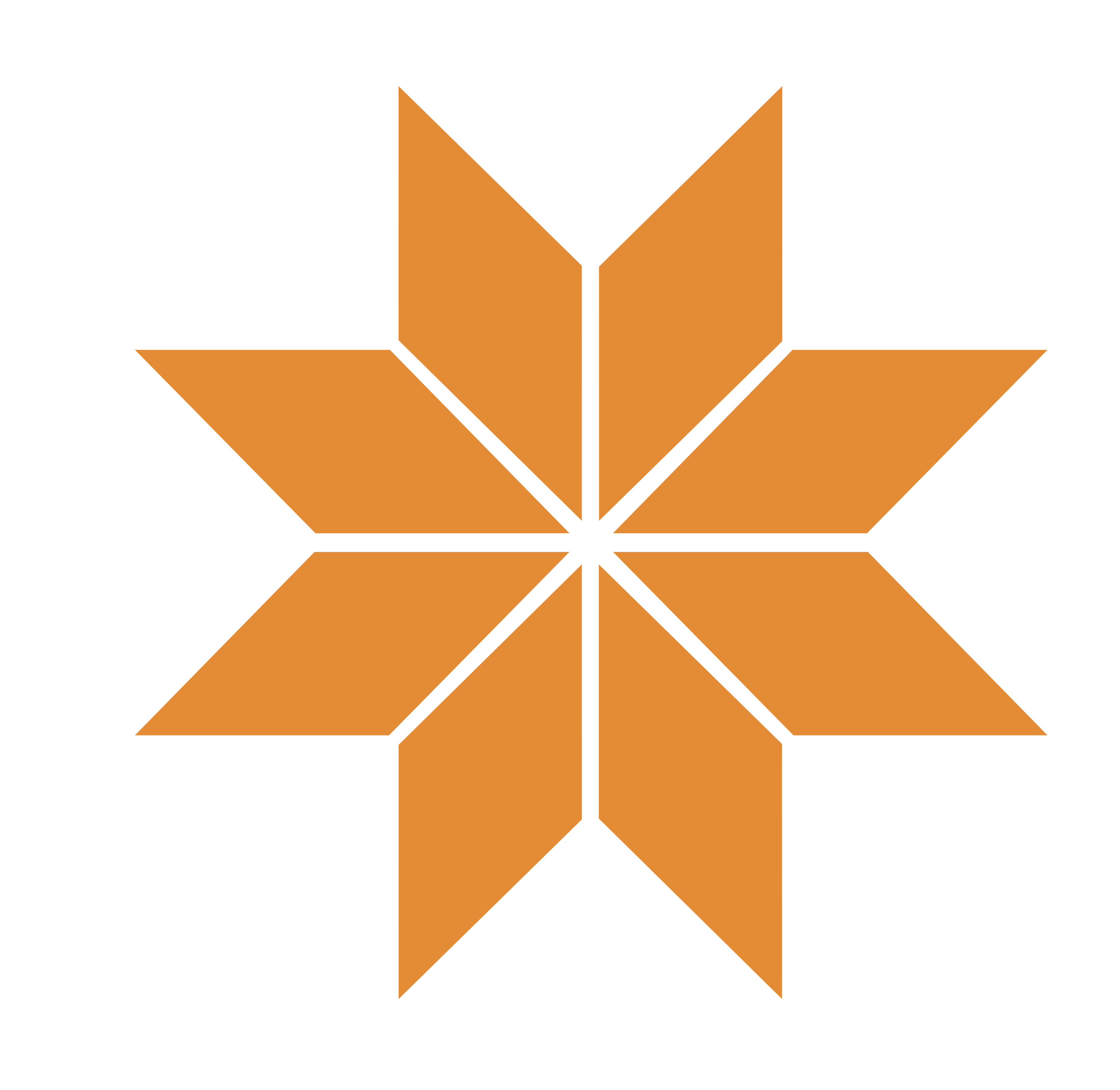
The Complete Guide to Consolidating and Paying Off Debt
With economic challenges and ongoing attempts from the Federal Reserve to curb inflation with higher interest rates, many consumers in New Mexico and elsewhere are experiencing anxiety about their ability to pay off personal debt. Credit cards, student loans, mortgages, and other debts can seem overwhelming to manage and the stress of falling behind on payments can make it more difficult to figure out where to begin.
In this Complete Guide to Consolidating and Paying Off Debt, you’ll learn the best way to pay debt off, the benefits of debt consolidation, the goals worth setting (and keeping) in 2023, and other debt management strategies and resources.

What Is Debt Consolidation and When Is It the Right Option?
Debt consolidation is a process of combining multiple debts into a new single loan payment with improved terms, which may include a lower interest rate or a revised loan term length, resulting in a lower monthly payment. Almost any type of debt can be consolidated but special considerations are made for home mortgage refinancing and vehicle loan refinancing.
But under what circumstances is debt consolidation the right choice? Here are common financial scenarios where debt consolidation is an ideal financing option:
- You hold high-interest credit card debt: If you tend to carry a revolving monthly balance that isn’t paid in full at the end of each billing cycle, consolidating this type of debt into a single, lower-interest monthly payment can be the key to relief.
- You hold high levels of other debt: If you have determined that you hold other debt that cannot be paid off in full within twelve months, consolidating your debt may make sense.
- You’re looking to get organized and simplify your finances: If you carry debt from multiple lenders and have trouble keeping track of your various debts, debt consolidation can help you stay on top of your financial obligations.
- You’re approaching the spending limits on your credit card(s): A consolidated loan with new terms may provide new spending options or help reduce your overall credit card utilization rate in relation to your credit card limits, an important factor that also impacts your credit score.
It’s important to note that debt consolidation offerings may require proof of steady income that exceeds your monthly debts, a credit score that has improved since the loan origination, qualifications to successfully apply for a zero-balance transfer credit card or unsecured personal loan, or enough equity in your home to use a home equity loan or line of credit.
Get more online information on how and when to consolidate your debt or give DNCU a call toll-free at 866-818-DNCU (3628) today for an assessment of your circumstances and debt consolidation options.
Getting Out of Debt In 2023
You’ve set a goal to get out of debt in 2023 but how do you get started and maintain the momentum? Getting out of debt can start today with your very next loan account payment and later step up to include restructuring some or all of your personal debt.

Pay More Than the Minimum Balance Each Month
Paying any amount over the minimum balance on your loan accounts counts toward both the principal and the amount that you’re paying in interest charges. If you’re carrying balances month-to-month on multiple credit cards or loan accounts, consider using either the Snowball or Avalanche method of paying off debt to accelerate your payments effectively and get out of debt sooner:
Snowball Method of Paying Off Debt
With the ‘Snowball’ method, you start small, and let your debt pay-off power grow as you eliminate one debt—and one monthly bill—at a time. First, you identify your loan account with the smallest balance, paying as much as you can beyond the minimum payment each month to wipe it out as quickly as possible. You continue to stay current with all your other monthly debt payments as you pay this first debt off.
Once your smallest debt is knocked out, you use the money you would have paid each month for that account and apply it to your next-smallest debt—along with the standard monthly payment you’ve been paying all along. Even though this balance is larger, your pay-off time is reduced because you now have more money to allocate to the account each month. When that account is paid off, you move onto the next-smallest debt, and so on, until you’ve eliminated all your extra debt.
The beauty of this method is that, with each account that you pay off, the amount you can devote to the next account’s monthly payment will grow—like a snowball gets bigger as it rolls down a hill. Taking on the smallest balances not only builds a sense of progress as you begin clearing debts one at a time, it also means that you reduce the number of monthly payments more quickly than simply dividing your extra funds evenly among accounts.
Avalanche Method of Paying Off Debt
This strategy is similar to the ‘Snowball’ method in that you focus on eliminating the balance of one account at a time, while continuing to make monthly payments on all accounts. However, instead of the size of the account (smallest to largest), you zero-in on high-interest debts; with the ‘Avalanche’ method, you tackle the account with the highest interest rate first. This method is particularly useful if you have debt with a wide range of interest rates—for instance, a borrower who has some high-interest credit card debt, car payments with a moderate interest rate, as well as student loan debt with lower interest rates.
So, how is this strategy analogous to an avalanche? While a snowball starts small and grows, an avalanche is a significant movement that makes a huge impact. When you work to remove the debt with the most interest first, it can have a big impact on ballooning balances, creating the largest possible effect you can achieve with your limited extra cash each month.
Similar to how the ‘Snowball’ method progresses, once you’ve paid off the debt with the most potential to grow (i.e., the one with the highest interest rate), you work on the one with the next-highest interest rate, until you make your way to the lower-interest debts—those that are growing the slowest. With each balance you pay off, you have one less monthly bill to pay, amplifying your ability to pay down debt. In other words, you can contribute an ever-growing amount to paying off the next debt. You’ll be surprised how quickly this plan can take off once that first high-interest account is knocked out!
Get a Debt Consolidation Loan in New Mexico from a Trusted Financial Institution
A debt consolidation loan allows for the transfer of multiple debts into one account with revised terms, including a lower interest rate, with the added advantage of simplifying the management of your debt.
Not-for-profit financial institutions like credit unions are an ideal resource for debt consolidation loans. Check out Del Norte Credit Union’s debt consolidation loan with rates as low as 7.99% Annual Percentage Rate (APR) for a limited time or call a loan officer today toll-free at (866) 818-DNCU (3628) for more information.

Goals Worth Setting (And Keeping) In 2023
Committing to the following goals is part of any debt management strategy and can help avoid a repeat of mounting debt:
1. Increase Your Income
Economic strain may be likely in 2023 but the outlook for the labor market is more complicated. Multiple industries continue to struggle with labor shortages while others are fighting to retain employees, creating new opportunities for employment and making wage/salary increases easier to secure. In addition, “side gigs” remain a popular option for many seeking a temporary bump in income.
2. Practice the 50/30/20 Percent Rule
A popular financial planning rule advises that 50% of post-tax income should be set aside for unavoidable costs such as mortgage or rent payments, utilities, groceries, insurance, and monthly minimum debt payments.
Thereafter, as the rule suggests, 30% of your budget may be spent on “wants” or non-essential things such as dining out, entertainment, vacations, or luxury items.
Finally, 20% of your budget should be set aside for savings, investments, or accelerated debt payments.
3. Meet With a Credit Counselor or Financial Planner
A financial professional is an important part of an overall strategy for navigating your path out of debt. A credit counselor can examine several details relating to your financial situation including, but not limited to, overall debt-to-income ratio, collateral value and refinancing options, state and other financial grants, debt forgiveness, and bankruptcy.
Del Norte Credit Union’s partnership with GreenPath offers financial counseling with certified advisors. Schedule a meeting today!
4. Avoid Racking Up Credit Card and Other High-Interest Debt Again
Old habits die hard. Replace them with good habits instead. A true commitment to avoiding high-interest and other burdensome debt pays financial and psychological dividends. Consider 12 Ways to Reduce Spending and Financial Stress and DNCU Savings Accounts while avoiding opening new credit card accounts if you believe it will lead to unnecessary spending. If a new credit card account is necessary, read the fine print and check the details relating to interest rates, penalties, and fees.
Del Norte Credit Union is your ideal partner for a better future!
As a member-owned, not-for-profit financial institution in New Mexico, rely on us for sound and unbiased financial advice to help you alleviate stress and reach all your financial goals.
You’re not alone in your efforts to get out of debt in 2023. Check out these Financial Advice and Help Resources for more information on financial solutions or call us toll-free at (866) 818-DNCU (3628) today.
Disclaimer: This article is for informational purposes only. For advice regarding your specific financial situation, please consult a financial planner or a trusted financial professional.

